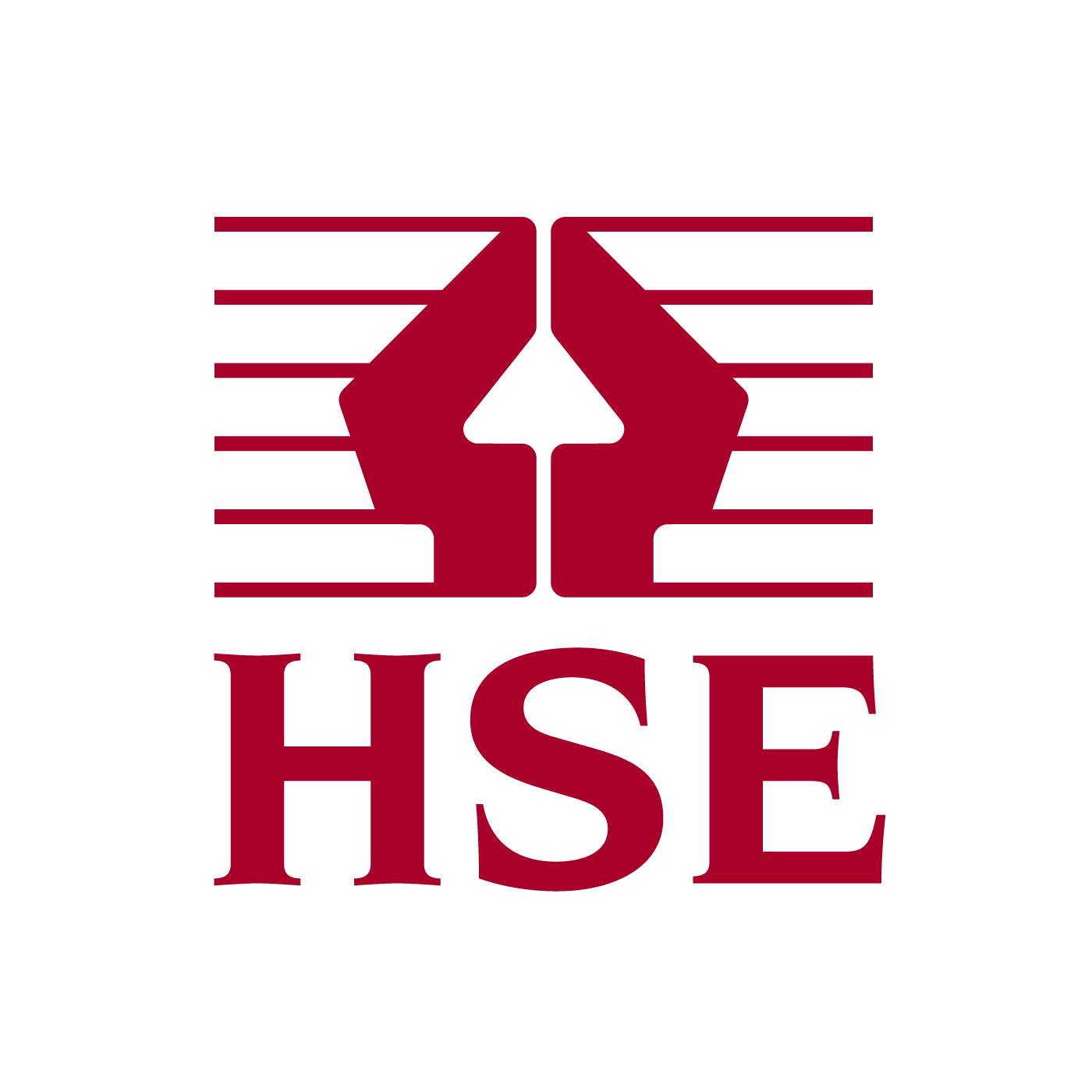After UK Transition: Working with Chemicals - Episode - 5 - CLP, REACH, PIC and Industry voices
Description
After UK Transition: Working with Chemicals - Episode - 5 - CLP, REACH, PIC and Industry voices In this instalment, we invite two industry voices to discuss changes to Classification, Labelling and Packaging (CLP), Registration, Evaluation, Authorisation and Restriction of Chemicals (REACH) and Prior Informed Consent (PIC) regulations. We also explore the actions they have taken to keep their businesses moving following the end of the UK transition period. If you have any concerns regarding UK Transition and the changes to REACH and CLP regulations, contact HSE at the earliest opportunity via [email protected]. If you have any questions regarding UK REACH enforcement, please contact the HSE at the earliest opportunity via [email protected]. Podcast Transcript Good day and welcome to episode 6 of the HSE podcast with me Mick Ord. Over the past few months we’ve been discussing the key regulatory changes which have been implemented now that the UK has left the European Union. In the last episode we heard from businesses about how they had been preparing for changes to PPP (Plant Protection Products) and BPR – Biocides Products Regulations, in the run up to 2021. This time round we’re looking at how people have been preparing for the changes to CLP, that’s the Classification, Labelling and Packaging of substances and mixtures, REACH – that’s the Registration, Evaluation, Authorisation & Restriction of Chemicals, and PIC – Prior Informed Consent, now known as GB PIC, which concerns the import and export of hazardous chemicals. John Mackenzie, Head of Regulatory Affairs at Thomas Swan in County Durham, is back with us I’m pleased to say, as is a new guest on the podcast Dr Chris Howick from Inovyn Chlorvinyls in Runcorn. They produce mainly chlorine, caustic soda and chlorinated derivatives from plants in the UK and all over Europe. They employ a total of 750 people. I started by firstly asking Chris about the challenges his company faced in the run up to 2021 as they prepared for the new GB regulations. Chris:Well I think it’s been an interesting journey from the very announcement of the referendum result. It caused a lot of discussion in the early days but I think bit by bit as regulations started to come in the UK and preparedness from the regulatory agencies in the EU progressed, it was a little easier to see exactly what we had to do. I think we had a few stop start processes with the no deal scenarios because we had to get ready to transfer REACH registrations and Biocides registrations across to a European entity or an ongoing European entity for the initial leaving dates and of course we had two or three leaving dates in the end and so we then had to cancel those transfers to bring them back to ensure that they didn’t transfer. So it’s been quite eventful in that respect but I think to a certain extent it didn’t matter whether there was a free trade deal or not because we were going to have to go through these actions anyway, so I think it gave us a little bit of extra time preparing it and I think now that that is done we can concentrate on the actions for ensuring that we are compliant with the new UK regimes where there’s a little bit of a grace period before the first sets of deadlines come up with that. Mick:John Mackenzie, was that a similar scenario at your company, in terms of ensuring that your products are REACH compliant? John:Indeed it was, yes very similar. I remember contacting some of our suppliers, the smaller guys especially and kind of like the rabbit in the headlights reaction from them like – what you mean we’ve got to change and do things that we didn’t do before, but now it’s gone from there to their saying yes, that’s fine no problem. So we’ve come on a huge journey from the referendum in 2016 wasn’t it – to now b
More Episodes
Published 05/09/24
Published 07/12/23
Published 04/20/23


